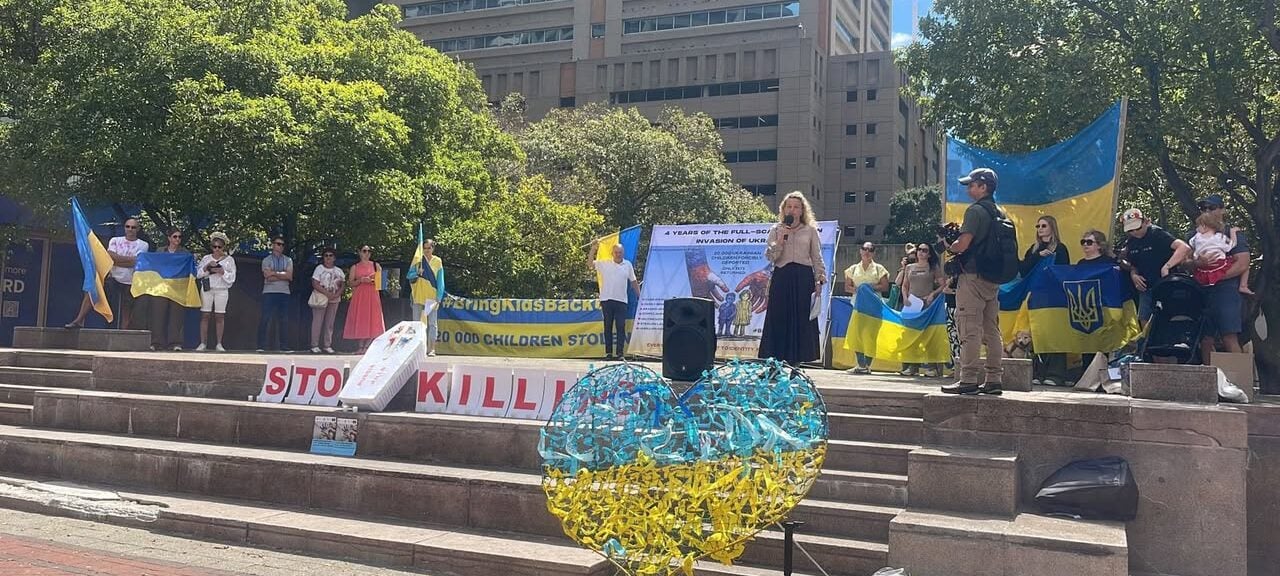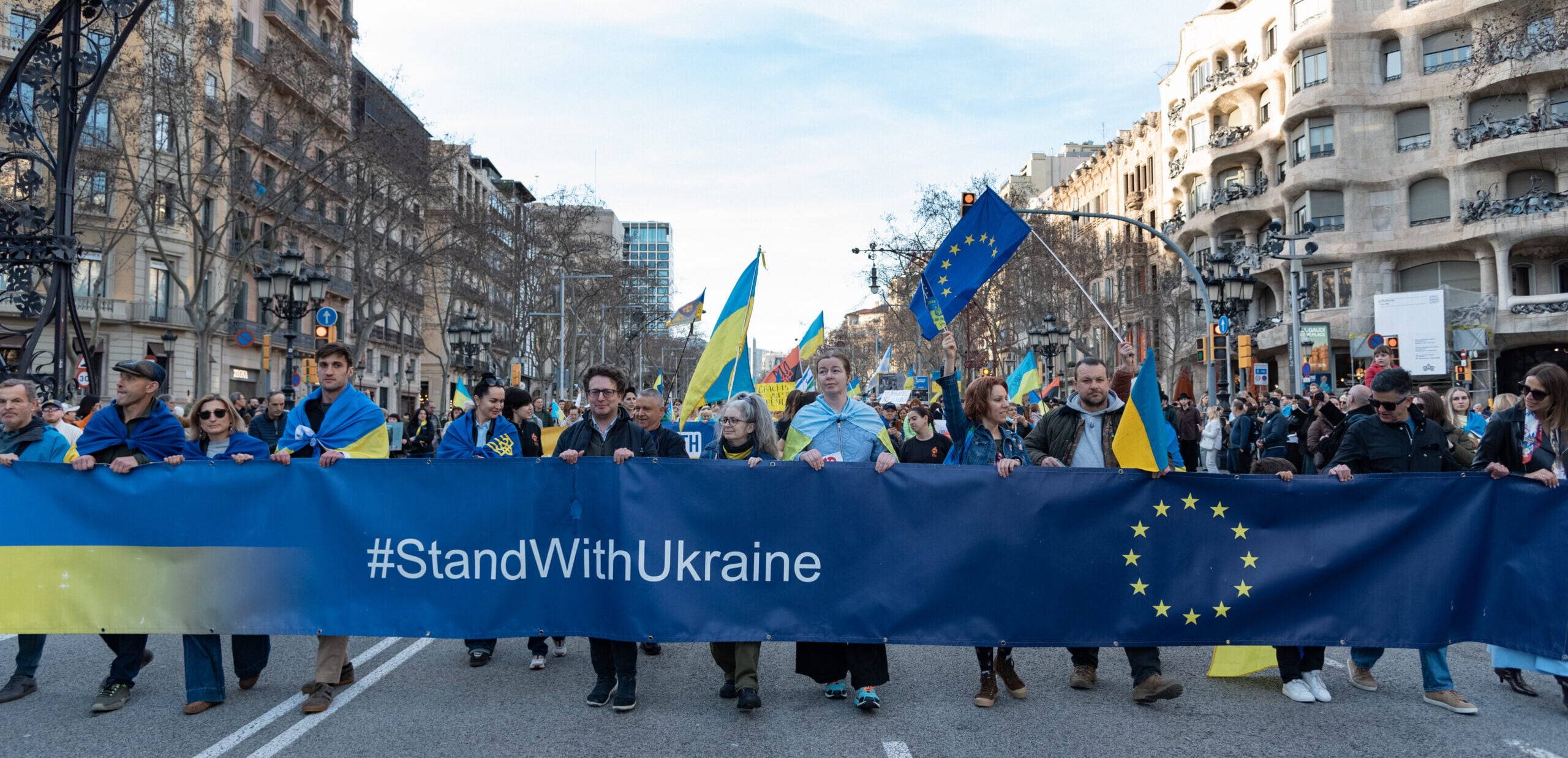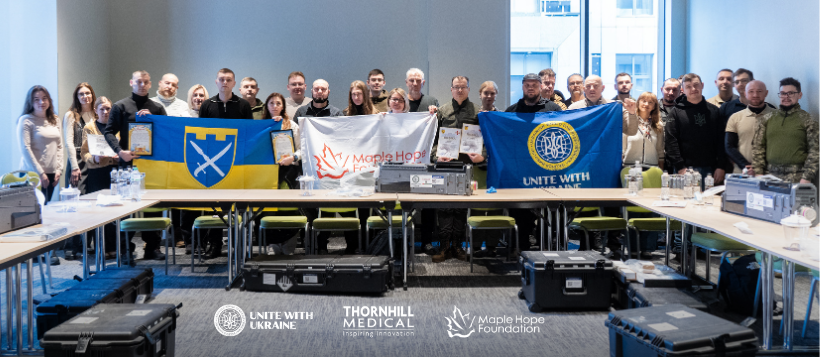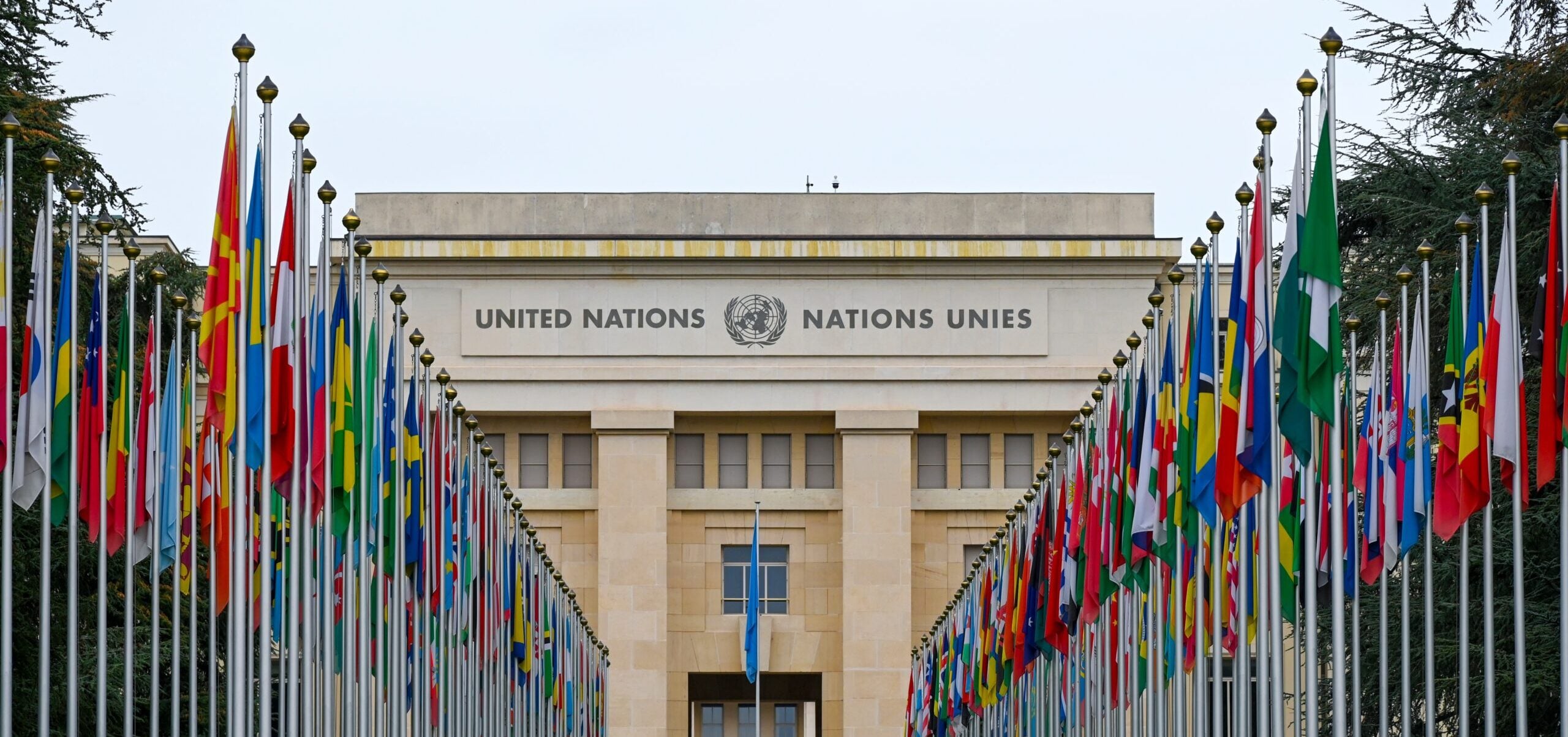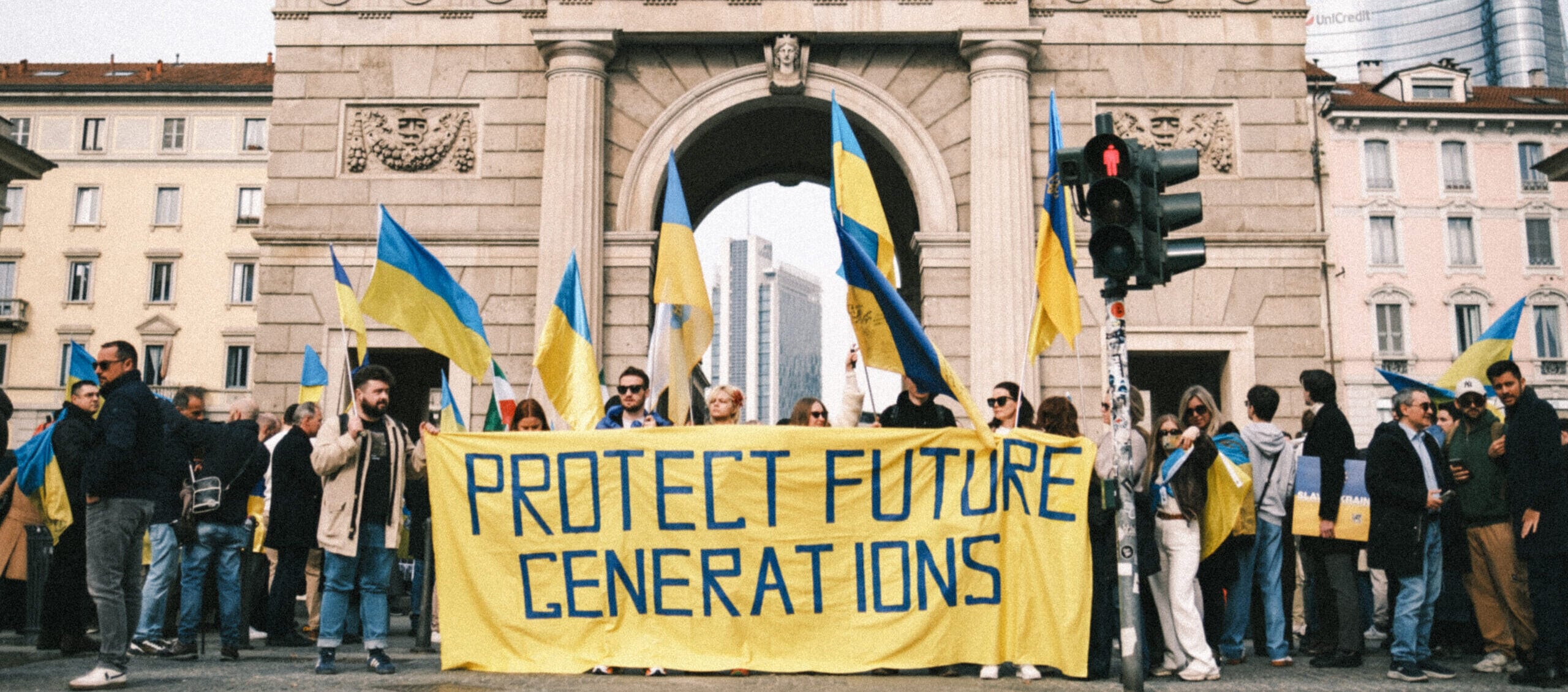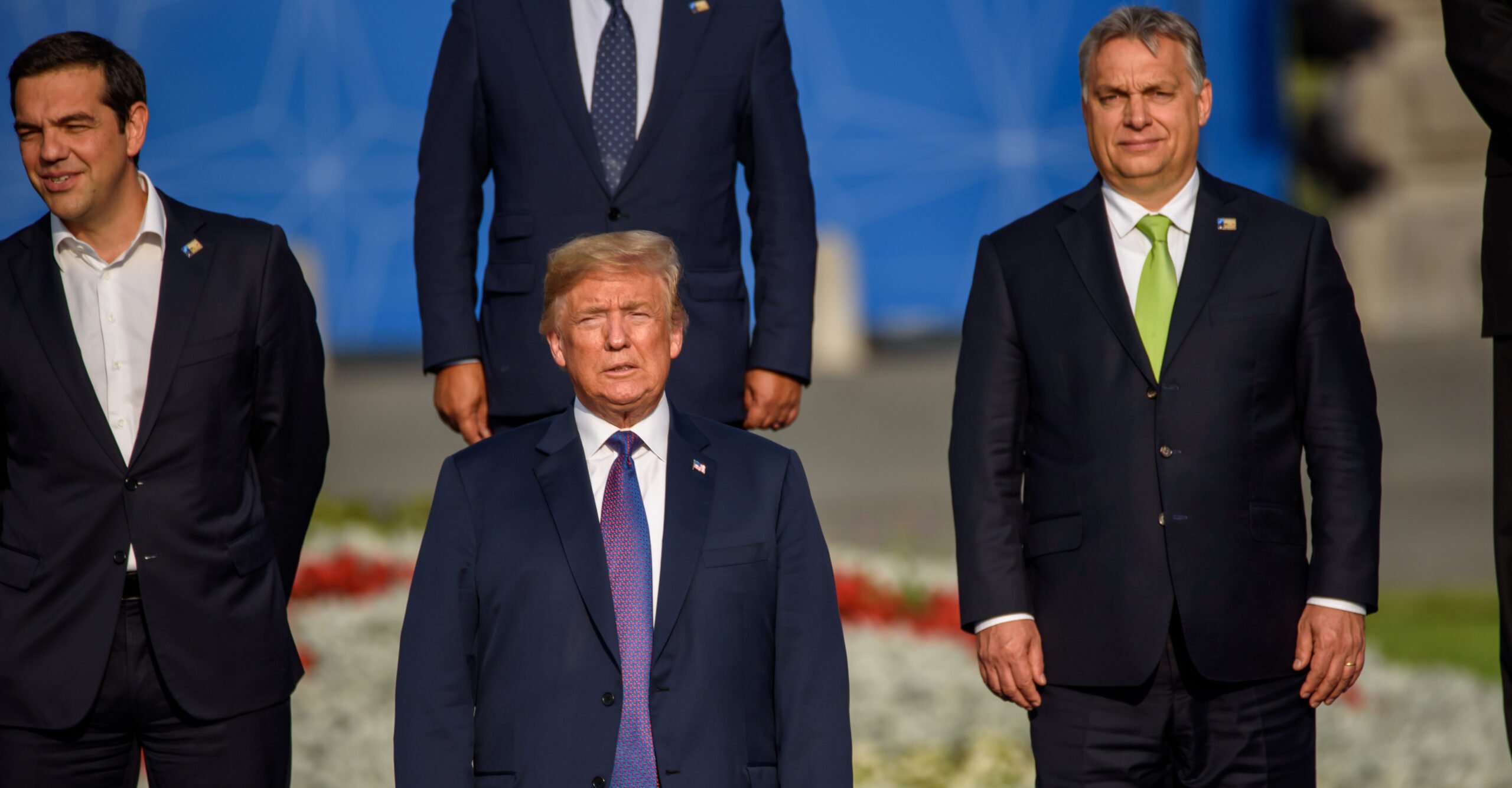

by James Batchik, an associate director at the Atlantic Council’s Europe Center
Source: Atlantic Council
On November 7, US President Donald Trump will host Hungarian Prime Minister Viktor Orbán at the White House. There, Trump could do something unexpected and, ultimately, to the advantage of his own agenda: demand Orbán stop being an obstacle to Ukraine’s European Union (EU) accession efforts.
When it comes to the EU’s mostly aligned position on Ukraine and Russia, Hungary stands as the biggest outlier. Orbán has repeatedly echoed Russian talking points about Ukraine. And while other EU member states have worked to wean themselves off Russian energy, Budapest has deepened its dependency on Moscow, providing more than five billion euros to Russia’s tax revenues since the Kremlin launched its full-scale invasion in February 2022.
Hungary has also both delayed and derailed EU-wide efforts. The EU’s decision-making procedures, which require unanimity on key issues, provide Hungary ample opportunity to delay or veto EU action. Budapest, for example, is almost always among the last holdouts to agree to place new sanctions on Russia. For months, Orbán delayed the fifty-billion-euro package that the EU prepared for Kyiv, before finally relenting in February 2024 after receiving some concessions on its access to EU funds that had been frozen over Budapest’s rule-of-law violations.
In addition, Hungary has been blocking Ukraine’s bid for EU membership since the bloc opened accession negotiations with Kyiv in December 2023. Orbán has continued to block progress despite the European Commission affirming Ukraine’s readiness earlier this year and stating that there are “no objective reasons” for the blockage. The Commission on November 4 reiterated that Kyiv had met the conditions required to open negotiating chapters, despite Hungary’s veto.
As a result, the EU must move increasingly without Hungary in a nonofficial capacity. For example, the European Council opened accession negotiations with Ukraine in the December 2023 Council meeting only after Orbán dropped his veto by physically leaving the room when the decision came to a head. The Council has continued to resort to holding discussions on Ukraine without Orbán to avoid the political theater of a Hungarian veto on Council decisions. At the last European Council meeting in October, Orbán skipped the conversation on Ukraine entirely.
That the EU has been able to navigate Hungary’s intransigence to secure nineteen rounds of sanctions packages, provide financial support for Ukraine, and grant Kyiv EU candidate status is a feat of diplomatic prowess for the bloc’s leaders, who have used significant financial carrots and sticks to secure Orbán’s reluctant acquiescence.
But the lack of unanimity does a disservice to Ukraine, to Europe, and to the United States. Hungary is not always alone in its obstruction. Still, Budapest has weakened the EU’s hand at a moment when the demands that Europe step up in support of Ukraine are growing, particularly from Washington.
Cover: Shutterstock




